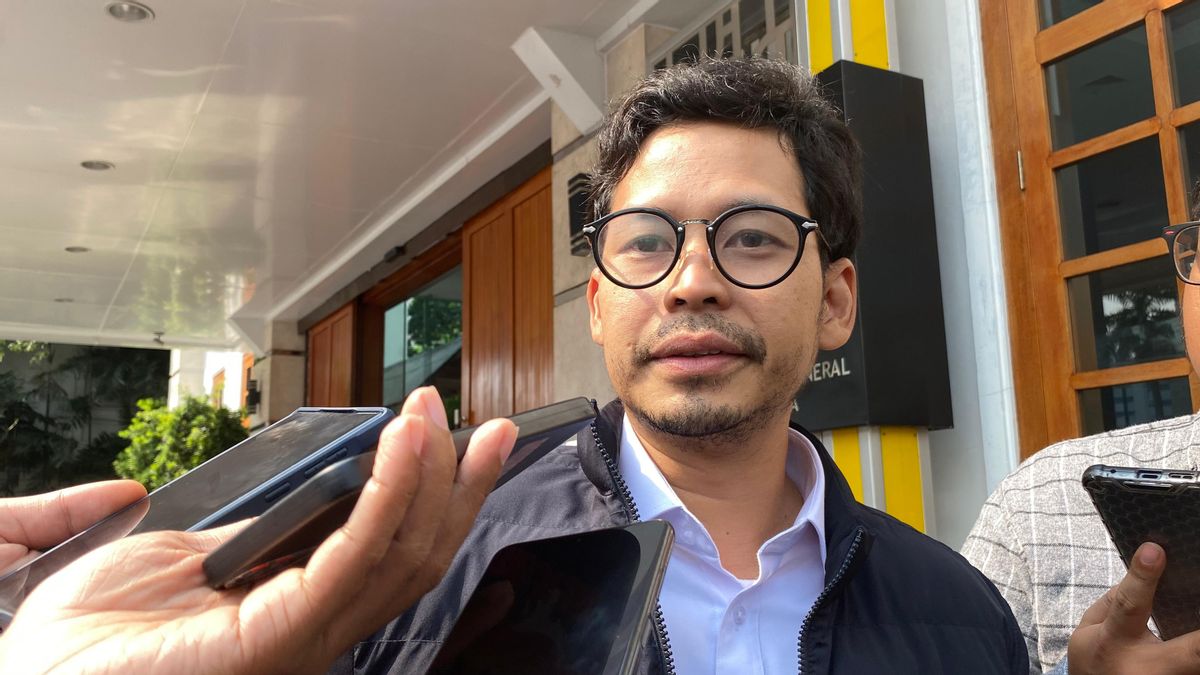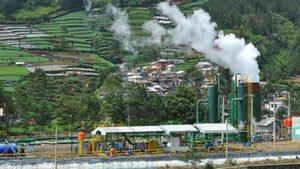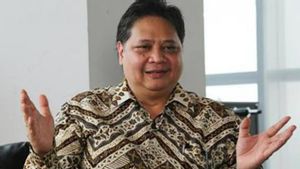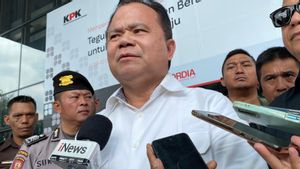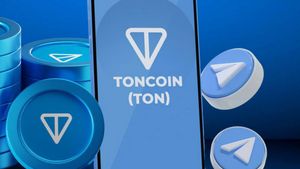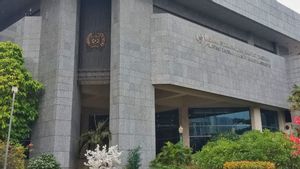JAKARTA - The Ministry of Energy and Mineral Resources (ESDM) revealed a number of conditions that must be met by the Cooperation Contract Contract Contractor (KKKS) who wants to switch to a gross split scheme.
It is known that the government is currently making adjustments to investment rules upstream oil and gas (oil and gas) more flexible. The regulation is stated in the Regulation of the Minister of Energy and Mineral Resources (ESDM) Number 13 of 2020 and Decree of the Minister of Energy and Mineral Resources Number 230.K/MG.01.MEM/2024. The essence of improving the scheme for gross split results is to provide certainty for the yield of around 75-95 percent for contractors, make the Working Area (WK) of Non Conventional Oil and Gas (MNK) more attractive, simplify parameters, and provide more flexible (agile) options to contractors.
"This simplification is not solely to encourage a new gross split, but also the government provides flexibility for contractors to choose the type of contract according to the convenience of the contractor. Please contractors who want to move to Cost Recovery from before Gross Split or vice versa," said Director of Upstream Oil and Gas Development of the Ministry of Energy and Mineral Resources Ariana Soemanto in Jakarta, Saturday, October 5.
SEE ALSO:
The implementation of the policy, continued Ariana, applies to contracts signed after Ministerial Regulation Number 13 of 2024 concerning Gross Split Revenue Sharing Contracts. As for existing oil and gas contractors whose contracts are signed before the Ministerial Regulation is issued, they can switch to new gross split contracts with several notes.
First, the contract for the old gross split scheme for MNK, including coal methane gas and shale oil/gas, can switch to a new gross split scheme.
"This is like the Methana Coal Gas MNK project in Tanjung Enim. It will immediately switch to a new gross split so that it can run because the economy improves," explained Ariana.
Second, the cost recovery scheme contract can switch to a new gross split scheme, as long as it is still in the exploration stage and has not received the Government's first plan of development (POD-I) approval.
"As for the contract for the old gross split scheme or existing which is already in the production stage, it cannot change to a new gross split scheme, but it can change to a cost recovery scheme contract," said Ariana.
To date, there are at least five contractors/blocks that have expressed interest in using the new gross split scheme, according to the Regulation and Decree of the Minister of Energy and Mineral Resources.
"Who and any block, we should wait for the formal later. Of course, the contractors are comfortable to choose which contract scheme according to the risk profile of their respective contractors. The important thing is that we improve the investment climate to make it more interesting, to encourage the findings of oil and gas reserves and production later," said Ariana.
As is known, the Ministry of Energy and Mineral Resources has just issued Minister of Energy and Mineral Resources Regulation Number 13 of 2024 concerning Gross Split Profit Sharing Contracts which has been signed since August 12, 2026. This Ministerial Regulation replaces the Regulation of the Minister of Energy and Mineral Resources Number 8 of 2017 concerning Contracts for Gross Split Revenue Sharing which have been adjusted several times.
In addition, the Decree of the Minister of Energy and Mineral Resources Number 230.K/MG.01.MEM.M/2024 has also been determined regarding Guidelines for Implementation and Components of Contract Sharing Gross Split Results.
"The government will always try to fulfill the input of stakeholders while maintaining the interests of the state," Ariana concluded.
The English, Chinese, Japanese, Arabic, and French versions are automatically generated by the AI. So there may still be inaccuracies in translating, please always see Indonesian as our main language. (system supported by DigitalSiber.id)
